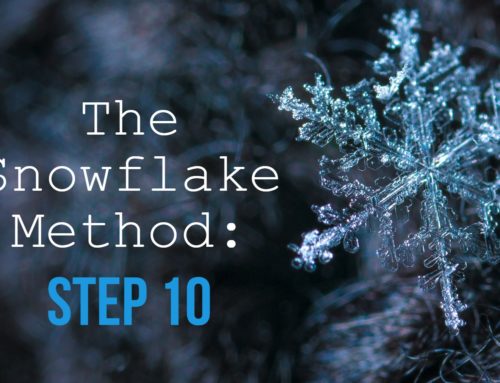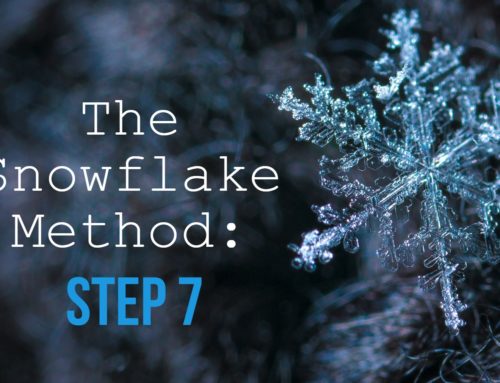Nothing is certain except death and taxes, according to Benjamin Franklin.
But if you’re a writer, you can add rejection to that list.
I received my first rejection letter in 2002. I had submitted a short story I wrote for an assignment for a college course called Development of the Short Story. By studying short fiction penned by successful writers and approaching the craft strategically, we students set out to produce publishable short stories of their own.
After discovering my main character, Elaine, through a series of writing exercises—such as cataloging the contents of her car, writing a scene from her childhood, drafting a present-day interaction from her and another character’s points of view—I was ready to roll up my sleeves and take a stab at real-world, contemporary short fiction, as opposed to the sword-and-sorcery stories I typically gravitated towards.

What…another rejection? Piano-playing kitty will make you feel better.
The final result, “Dime Story,” was a series of slice-of-life vignettes strung together through a peculiar device: the passing of a random coin from one character to the next. (And, yes, I know that’s a horrible name for a story; titles are tough!)
It was something of a nonstory. The only character with any semblance of a story arc was Elaine because she alone carried the coin not only in the present, but also again in the future. The rest of the cast provided contrasting viewpoints—including conflicting perceptions of one another—and supplied thinly veiled social commentary.
In hindsight, “Dime Story” was probably too experimental for the journals I solicited. Since it was my first attempt at publication, I shouldn’t have been too surprised when eleven of eleven magazines passed on it. I still had a lot to learn about writing and editing.
And it didn’t help that I had a typo in the very first sentence!
Since then, I’ve collected more than a few rejections from literary agents and, after that, from various editors my agent has contacted about my novels. Now that I have a couple of short stories making the rounds (no, not “Dime Story”), the rejection population has risen significantly in my house.
While no one likes to see that “Thank you for submitting, but…” form letter arrive in the mailbox, I tend not to fret too much about the implications. At the end of the day, it just means the story didn’t strike a chord with one particular editor (or assistant or apprentice or intern) who read it.
The well-adjusted writer ought to have thick skin.
I save all of my rejection letters. I’m not sure why I started doing this, though I suspect it was to help track of my contact with The Publishing World. Or maybe, having heard so many stories about how Mr. Bestseller received a bajillion rejections before his book sold, I wanted to see how my track record would compare.
Regardless of the reason, I continue to keep all of my rejection letters in a folder given to me by my mom many years ago. It has a picture of a cat on it. In all likelihood, I stashed my rejection receipts in there because I couldn’t think of another use for the strange, sappy portfolio.
I like it because it adds a little levity to what could be an otherwise sour experience. I mean, it’s hard not to smile when I reach for that ridiculous folder. “So what if Such-and-Such Digest passed on my short story?” I say to myself. “On to the next!”
Fortunately for us writers, stories have far more than nine lives.



As always, David, well done. You put your rejection slips in a folder. The decorations in my office were rejection slips. I kid you not, that north office wall was plastered solid with rejection slips from floor to ceiling.
What a bitch getting them all off when we sold the house. My novel career commencing, we built a new house out in the boonies, one four-five times as big as the one we were leaving.
I have a photo of that wall somewhere.
Disappointment is where writers’ careers begin.
Except for Truman Capote. He sold his first three stories to Atlantic. Or was it Harper’s?
Time is a thief.
Best always,
Thomas Agrommus
Thanks, Tom. “Disappointment is where writers’ careers begin.” I like that. Come to think of it, we probably wouldn’t be creating people and places of our own if we were fully satisfied with “reality.”